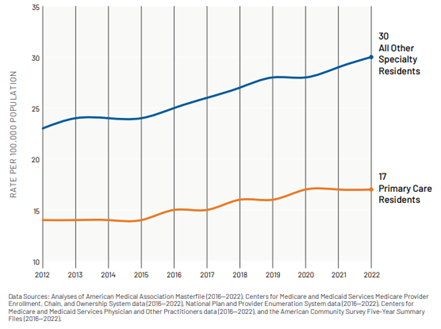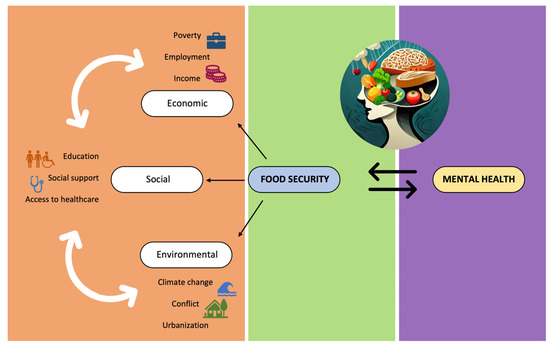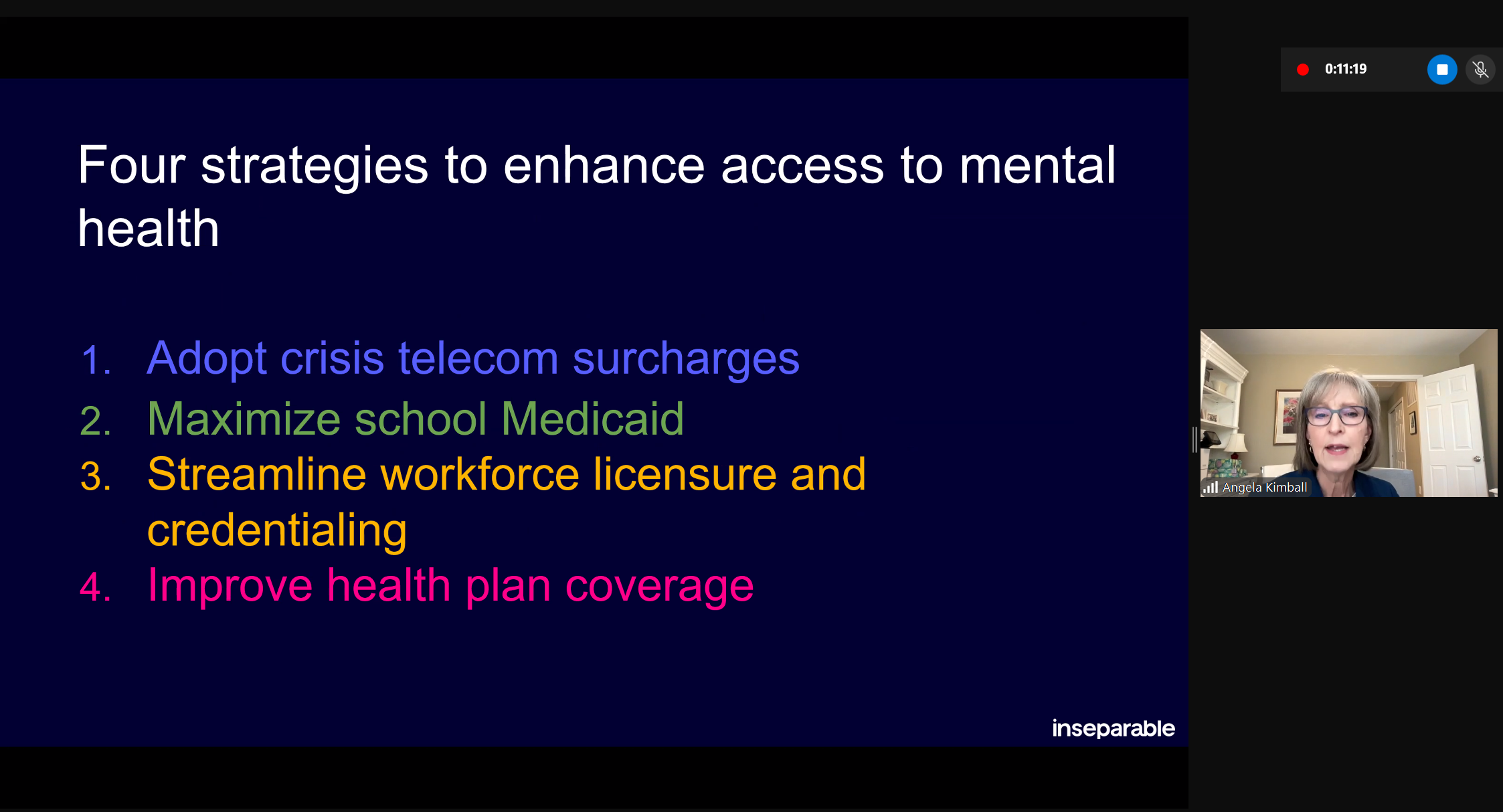NGA defines resilience as the ability to withstand disasters better, respond and recover more quickly, and excel under new conditions.
Governors increasingly face a host of human and natural disasters that threaten the viability of energy, water, transportation and other infrastructure assets that are critical to our way of life. Those disasters include severe storms, wildfires, droughts, inland flooding as well as diverse terrorism and cyber threats and chronic stressors such as poverty, disease, hunger, and violence. The impacts of these threats can be measured economically.
Incorporating resilience into emergency planning, infrastructure systems, and the built environment presents the opportunity to reduce vulnerabilities to future threats, mitigate the impacts of disasters, and lower the cost and effort needed to respond to and recover from disasters.
Resources

Advanced Grid Technologies: Governor Leadership to Spur Innovation and Adoption

Ensuring Energy Security & Resilience for All

Roundtable on Energy Resilience and Security for Territories and Islanded Communities

2023 Governors’ Advisors Energy Policy Institute

Preparing for and Responding to Concurrent Crises – 2023 Annual Meeting

Infrastructure Coordinator Quarterly Workshop

Prioritizing Resilience: Best Practices on Energy Resilience for Healthcare Facilities

Preparing for potential energy disruptions – 2023 NGA Winter Meeting Task Force Meeting

State Learning Lab on Energy and Critical Infrastructure Resilience













